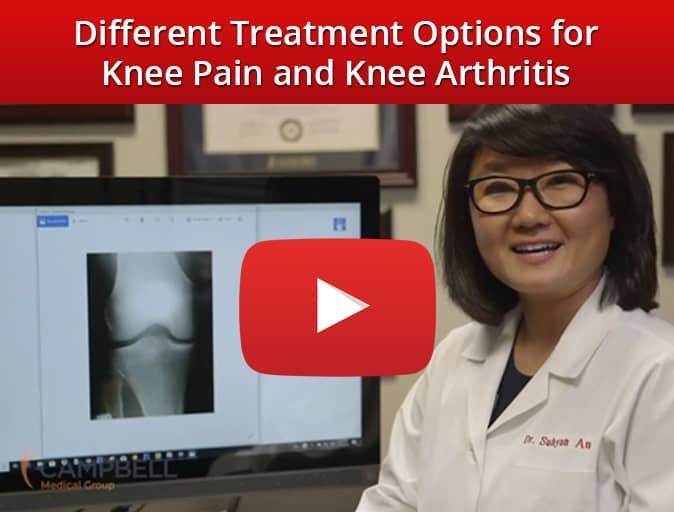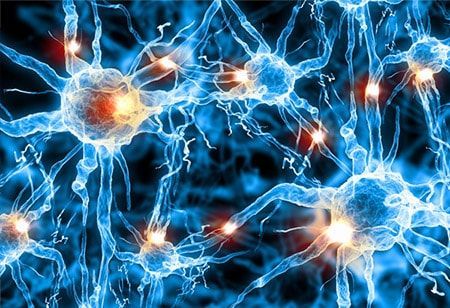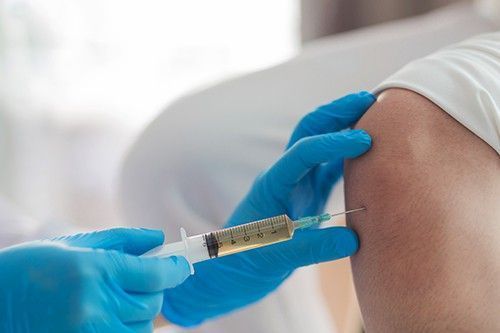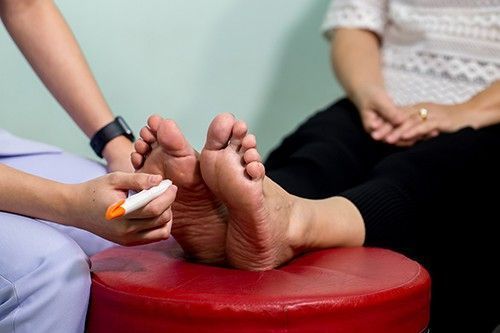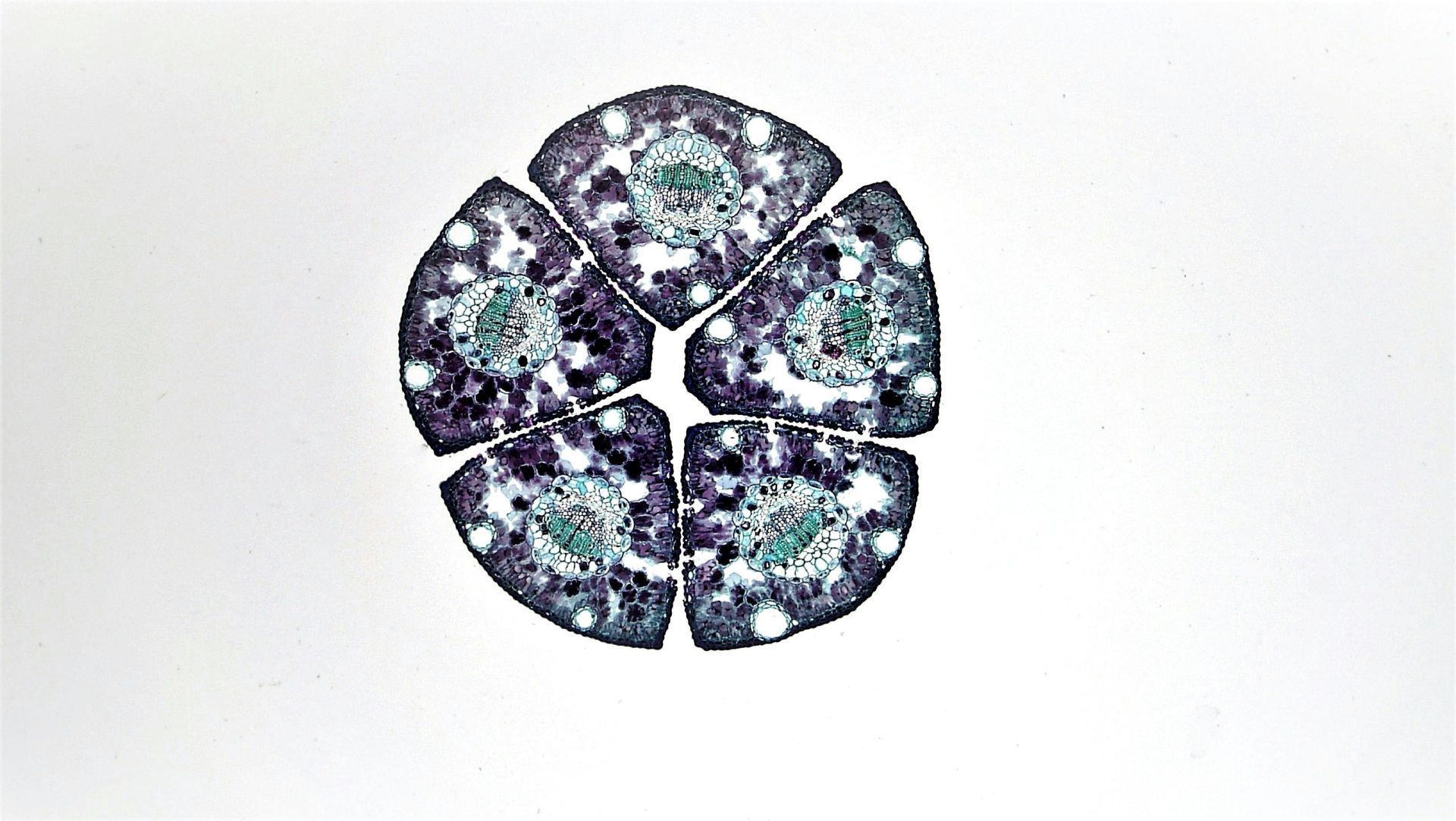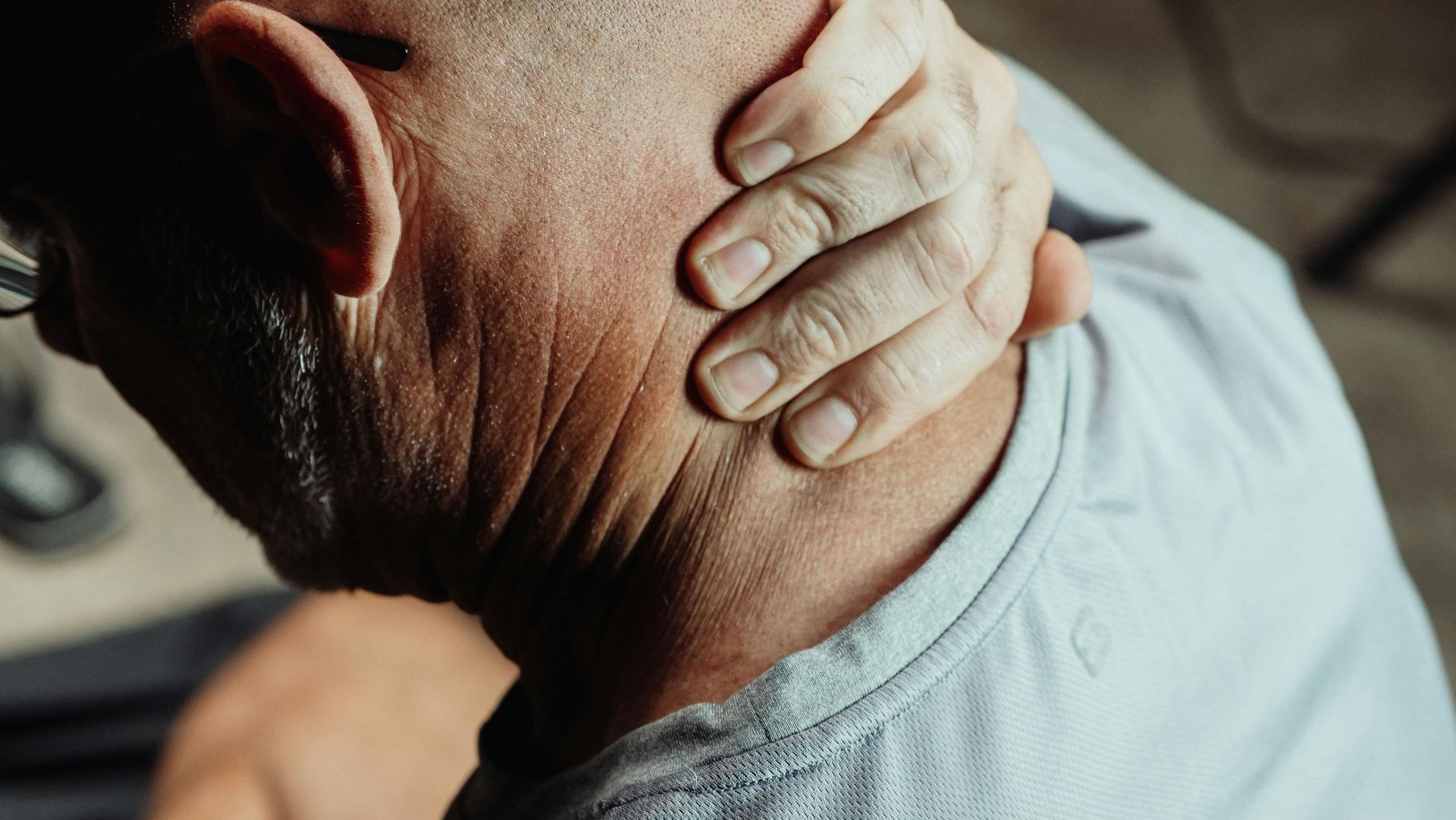
Regenerative Medicine Revolution: How PRP Therapy Offers New Hope for Neuropathy Relief
Neuropathy, a condition characterized by damage to the peripheral nerves, affects millions of people worldwide, causing symptoms such as numbness, tingling, and pain.
Traditional treatments for neuropathy often focus on managing symptoms rather than addressing the underlying cause.
The emergence of regenerative medicine, particularly Platelet-Rich Plasma (PRP) therapy, offers new hope for neuropathy relief by stimulating the body’s natural healing mechanisms.
Understanding Neuropathy
Neuropathy refers to a group of disorders that occur when nerves outside of the brain and spinal cord become damaged or dysfunctional.
This damage disrupts the normal transmission of signals between the brain, spinal cord, and other parts of the body, leading to a variety of symptoms.
Neuropathy can result from various causes, including diabetes, autoimmune diseases, infections, traumatic injuries, and metabolic disorders.
Regardless of the underlying cause, neuropathy can significantly impact quality of life and may lead to complications such as loss of sensation, impaired mobility, and chronic pain.
The Promise of Regenerative Medicine
Regenerative medicine represents a paradigm shift in healthcare, focusing on harnessing the body’s innate healing abilities to repair damaged tissues and restore function.
Platelet-Rich Plasma (PRP) therapy is a regenerative treatment that has gained attention for its potential to promote tissue regeneration, reduce inflammation, and relieve pain.
PRP is derived from the patient’s own blood and contains a concentrated mixture of platelets, growth factors, and other bioactive proteins that play a crucial role in the healing process.
How PRP Therapy Works
PRP therapy involves harvesting a small sample of the patient’s blood and processing it to isolate the platelet-rich plasma.
The concentrated PRP is then injected into the affected area, where it stimulates tissue repair and regeneration.
In the case of neuropathy, PRP therapy can target the damaged peripheral nerves, providing a potent source of growth factors and cytokines to support nerve regeneration and repair.
PRP therapy has been shown to reduce inflammation and improve blood flow, which are essential factors in promoting nerve health and function.
Understanding Neuropathy
- Nerve Regeneration: PRP therapy has been shown to stimulate the regeneration of damaged nerves, helping to restore sensation and function in individuals with neuropathy.
- Pain Relief: By reducing inflammation and promoting tissue repair, PRP therapy can alleviate neuropathic pain and discomfort, improving overall quality of life for patients.
- Non-Invasive: A minimally invasive procedure that utilizes the patient’s own blood, making it a safe and well-tolerated treatment option for neuropathy.
- Customized Treatment: Can be tailored to the individual needs of each patient, with injections targeted to specific areas of nerve damage or dysfunction.
- Long-Term Results: Studies have shown that PRP therapy can provide long-lasting relief from neuropathy symptoms, with many patients experiencing sustained improvement in function and quality of life.
Neuropathy is a challenging condition that can have a profound impact on daily life.
If you or a loved one are suffering with neuropathy in Houston, TX call Campbell Health Center today at (832) 243-7713 to schedule a consultation.
May we invite you to join us for a
Complimentary Consultation?

"Here at Campbell Health Center, we are dedicated to helping you get out of pain and get back to feeling great again.
Call us and tell us about your health issues and set up a consultation to discuss the treatment that will best get you back to optimum health.
We promise to sit down with you, face to face, and be attentive, present, focused and actually listen."
Campbell Health Center
Call us now at
(832) 243-7713
Advanced Pain
Management Articles



